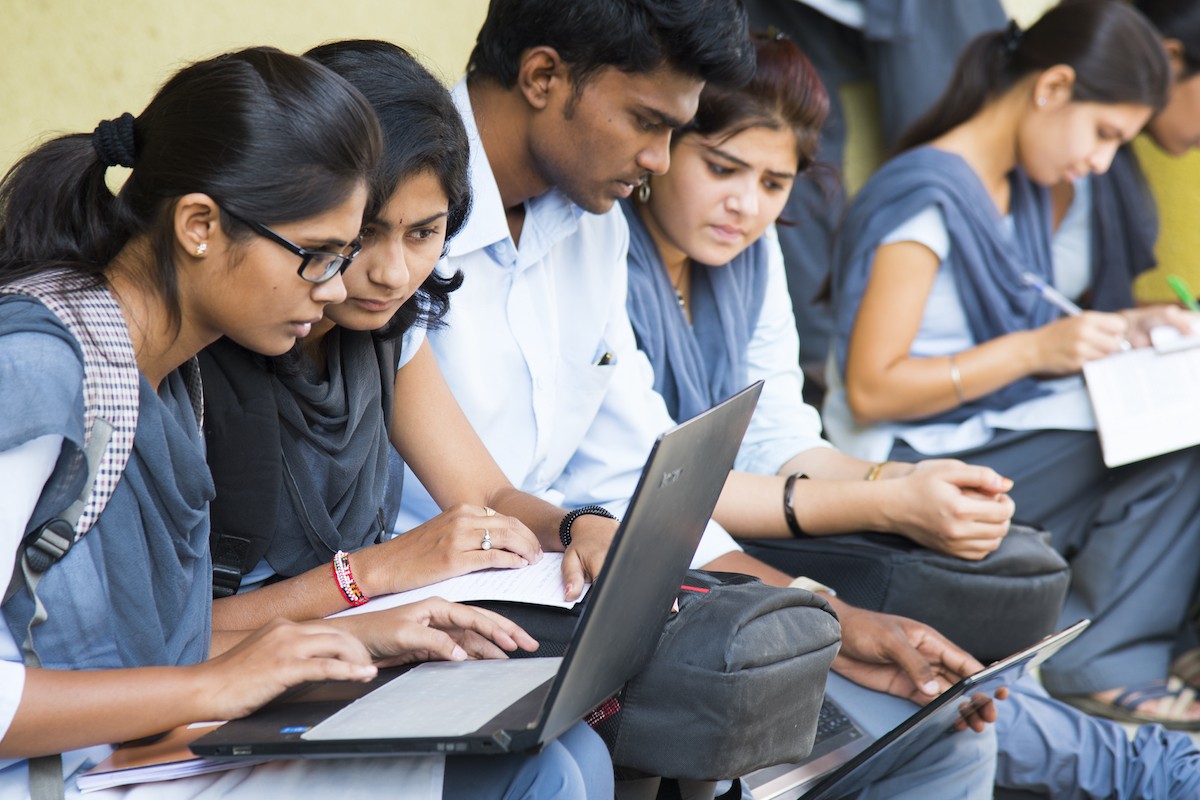A proposed hike in accommodation fees at India’s renowned Jawaharlal Nehru University (JNU) in New Delhi has many of its poorer students, including Catholics, fearing for their futures.
If the plan to raise hostel and canteen prices at the start of the next academic year is introduced, its effects would be catastrophic, Sanjib Nayak, a 27-year-old students said.
“I come from a poor Catholic family. My parents are daily-wage and semi-skilled agricultural workers living in a remote village in Kandhamal district of Odisha state,” said Nayak, who is currently doing a Ph.D. in education at JNU.
“JNU has offered an affordable quality education, but if the fee hike is implemented, I may have to quit my studies here,” said the student, who hails from one of the poorest states in the country.
Another Catholic JNU student from Telangana State, Sangita Reddy, 26, said the hikes would drive out many poor and marginalized students and suggested that they were a deliberate attempt to deprive deserving students from Dalit and tribal communities a quality education.
India’s 250 million Dalits live at the bottom of the country’s rigid social order known as the caste system. Many come from tribal groups and religious minorities such as Christians and Muslims.
The hikes go against the principle of “making education affordable to all,” said Reddy.
“Like me, hundreds of poor and deserving students will be affected,” she said.

Established in 1969, JNU is India’s premier university and comes under the Ministry of Human Resource and Development. It provides subsidized education, especially for academic research, as part of a national policy to promote academic excellence.
About 40 percent (about 8,500) of JNU students come from underprivileged backgrounds.
In early November, JNU announced that from the next academic year onwards annual accommodation fees would nearly double for JNU students living in hostels from the current US$350-400 to US$780-870.
The announcement triggered protests by angry students, which prompted JNU administrators to water down the fee increase which was rejected by the students who are demanding fees remain the same.
However, the Ministry of Human Resource and Development is unwilling to do that, arguing the last rise in fees was 19 years ago.
The argument has fallen on deaf ears with civil society groups, various institutions and eminent individuals expressing their support for the students.
One of them is Shamsul Islam, a retired professor of the University of Delhi.
“This federal government led by Narendra Modi and his henchmen are trying to destroy the public education system as part of their Hindutva [Hindu nationalism] vision for India,” he said.
Prime Minister Modi has often been accused by members of minority religions of trying to turn Hindu-majority India into a Hindu state.
The professor said the price hike would deprive Dalits, most of whom are from minority religions from accessing a decent education.
Since the time of India’s first prime minister, Jawaharlal Nehru, education has been open to all Indians, this must not be abandoned, Islam said.
He warned against restricting education only to the rich and enslaving the poor as cheap manual labor.
Rakesh Singh, a former member of the Catholic bishops’ Commission on Youth, has also expressed his support for the students, some of whom he said were his friends.
“Equal access to affordable quality education in universities such as JNU, is a must for the development of communities and a society that includes Catholics,” he said
Educating and empowering young people, particularly Dalits, tribals and members of various minority religious groups, is extremely important for the growth of the country, Singh told ucanews.
It brings social, political, and economic advantages and builds social and human capital. The government should roll back the proposed JNU fee hike, he said.
Raising fees would be a travesty, according to Prabhakar Palaka, a former JNU student.
“What I am today is all because I studied at JNU which was accessible back then. Thousands like me [from poor family background] had their future built at JNU,” he said.
“What will happen to those wanting to build a future if fees become unaffordable?” he said.







